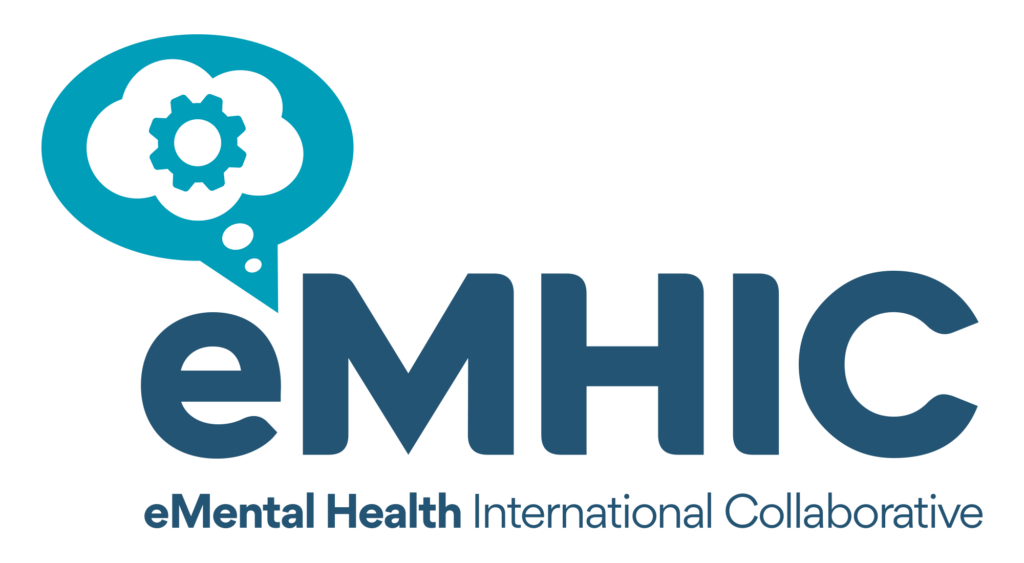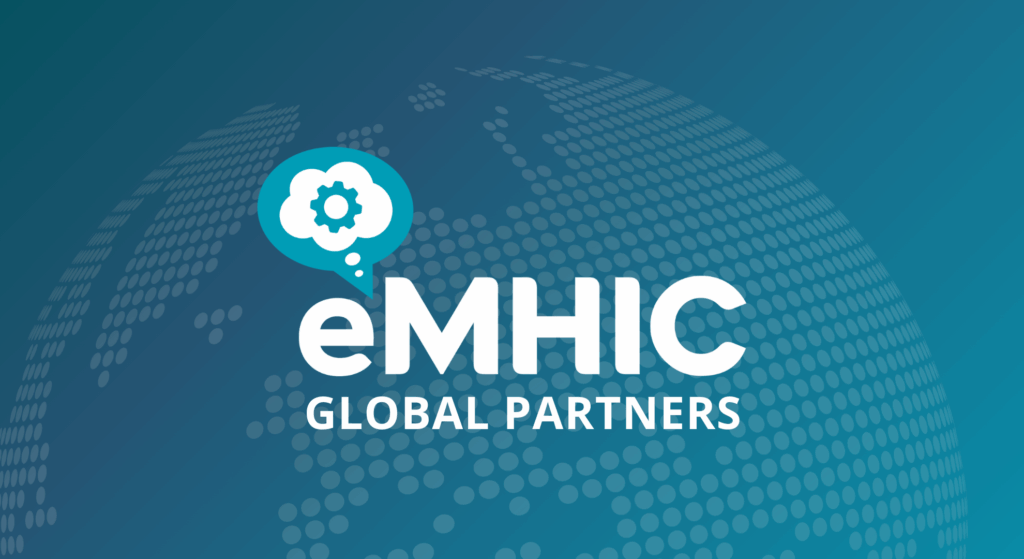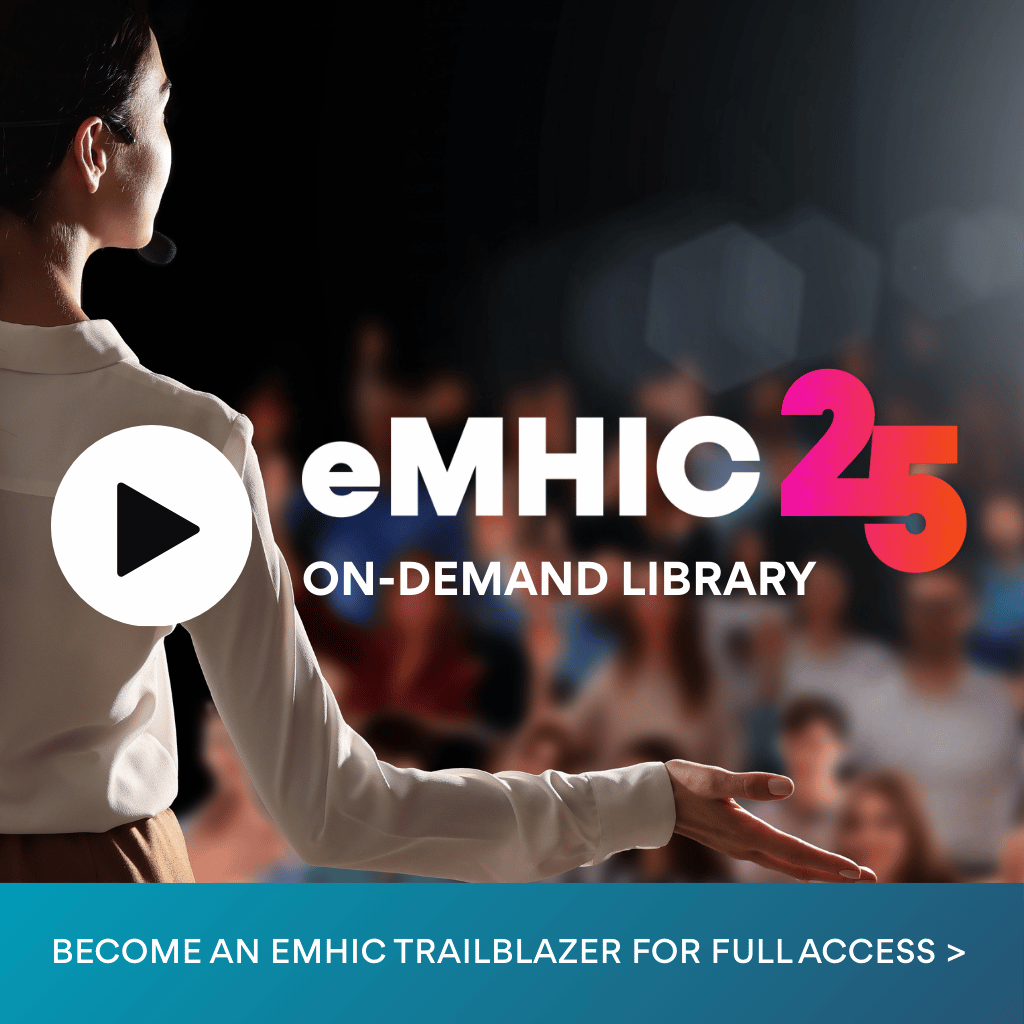In the ever-evolving landscape of healthcare, digital health stands as a towering pillar of innovation, promising revolutionary advancements in patient care and treatment. Yet, despite its grandeur and the cacophony of buzz surrounding it, there exists a significant obstacle impeding its widespread adoption: awareness.
Yes, digital health is omnipresent in professional circles, splashed across LinkedIn feeds, industry forums, and social media platforms alike. But let’s confront an uncomfortable truth: beyond a handful of fervent early adopters, the broader medical community remains in the infancy of embracing digital tools and therapeutics for patient care.
They say trust governs the pace of adoption. However, without even the basic awareness that digital therapeutics exist, how can the dialogue on trust even commence?
Take a moment to test this hypothesis. Approach a Psychiatrist or physician and inquire about five medications for insomnia, chronic pain, or depression. Then, challenge them to name five digital applications that address these conditions. The discrepancy in responses speaks volumes.
But here’s the crux of the issue: amidst the noise, there’s a lot of noise. Random apps, snake oil peddlers, bold and unsubstantiated claims clutter the digital health landscape. In an era where clinicians are inundated with an avalanche of information, distinguishing the wheat from the chaff becomes a Herculean task. It’s no wonder that some have thrown their hands up in surrender.
To cultivate awareness of evidence-based, regulated, and safe digital health tools, clinicians require trusted platforms that are easily accessible and adhere to recognizable standards. Furthermore, we must amplify patient advocacy for the integration of digital tools into healthcare. When patients repeatedly demand certain applications in clinical settings, clinicians are compelled to sit up and take notice.
The road to widespread adoption of digital health in mental healthcare, indeed in all areas of healthcare, is paved with the stones of awareness. After all, you can’t prescribe something you don’t know about!
Read an example of how one organisation is dealing with these challenges.







